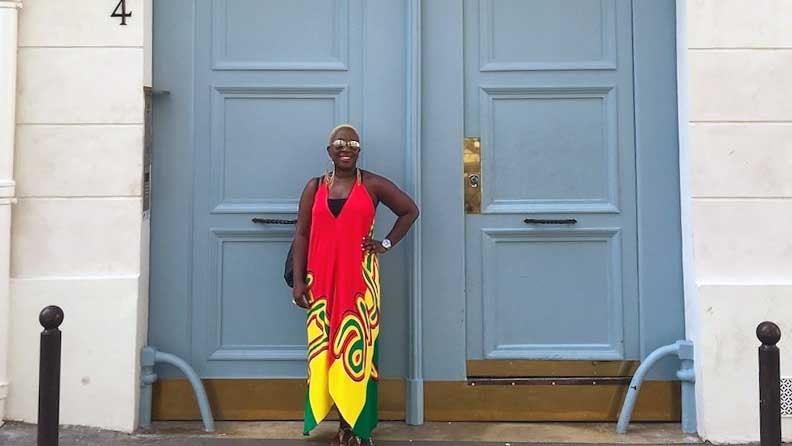For decades, study abroad programs have been incorporated as elective options for students enrolled in private American universities and colleges. In a recent discussion with an executive director of the global studies program at a renowned US institution, I learned that while study abroad was, in the past, envisioned as an immersive opportunity to foster expanded learning through acculturation in a foreign host country, more current trends lean less toward an adaptive experience. Instead, study abroad programs today seem more structured toward the transplanting of the American culture onto the foreign soil where the program is situated. To participate in a study abroad program in Prague, for example, the student need not have studied or speak Czech, because the courses they attend in Prague will be taught English, by English speaking professors. Alternatively, while past exchange students lived with a family of the host country, or in other settings that provided extended exposure to both formal and informal cultural norms, today’s study-abroad American students are far more likely to share a living space with each other, thereby limiting the opportunity to significantly increase foreign language competency and become seamlessly enmeshed in the culture. My friend, the executive director, likened the “new” study abroad experience to “being on an extended vacation” which, though beneficial, shortchanges the student if the goal is, in fact, to truly expand one’s educational scope as a citizen of the world.

